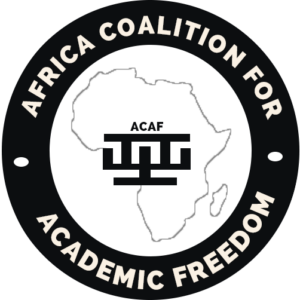The crisis at the University of Khartoum exemplifies the broader challenges facing academic institutions in politically volatile regions. The university has experienced systematic interference in its operations, including:
The forced resignation of several department heads who opposed new governmental oversight measures. The School of Economics and Political Studies has been particularly affected, with new appointments being made without proper academic consultation.
Access to international academic resources has been severely restricted, with new internet monitoring systems installed on campus networks and limitations placed on virtual conference participation. Library acquisitions now require additional approval for materials touching on political or social issues.
Research funding has been redirected away from humanities and social sciences toward technical fields deemed “less controversial.” This has led to the effective suspension of several research centers and graduate programs.
Student organizations have faced new restrictions on meetings and events, with requirements for advance approval of all gatherings exceeding ten people. This has particularly affected student groups focused on political and social issues.
The situation continues to deteriorate, with recent reports indicating plans for further restrictions on academic activities and international collaboration. These developments threaten not only the university’s academic standards but also its historical role as a center of intellectual excellence in the region.
